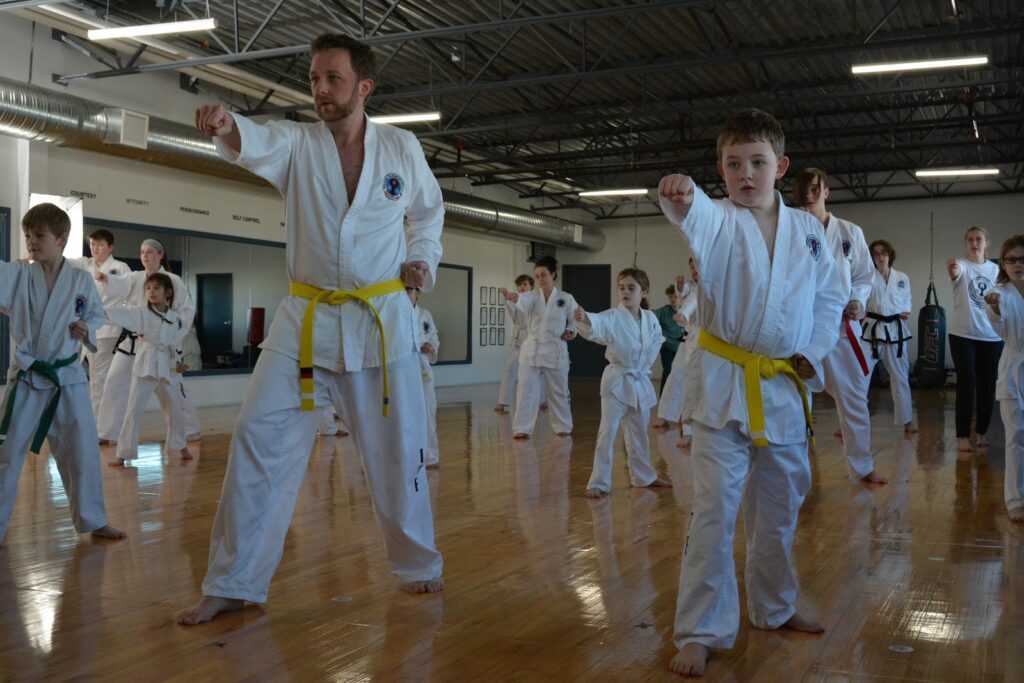In the modern quest for wellness and balance, the ancient practices of martial arts and meditation converge to offer a unique pathway to peace and mindfulness. Far beyond the physical combat and self-defense techniques, martial arts embody a deep philosophical core centered on achieving a state of Zen—a total harmony of body and mind. This guide explores how integrating martial arts mindfulness into your routine can help you achieve Zen through the discipline of combat, blending physical prowess with spiritual enlightenment.
Understanding the Zen in Martial Arts
The concept of Zen, originating from Mahayana Buddhism, emphasizes the importance of meditation and intuition rather than ritual worship or the study of scriptures. Martial arts, in its essence, is a physical manifestation of Zen principles, where the practitioner seeks to attain a state of mind that is alert, focused, and entirely present. Achieving Zen through martial arts is not merely about physical abilities but cultivating an awareness that transcends the practice itself.
Choosing the Right Martial Arts Style
Selecting a martial arts discipline that emphasizes mindfulness as much as physical skill is crucial. Styles such as Aikido, Tai Chi, and Kung Fu place a strong emphasis on the flow of energy, balance, and harmony between the mind and body. These martial arts styles incorporate meditation and breathing techniques that are key to achieving mindfulness and Zen.
Aikido: The Art of Peace
Aikido, known as “The Art of Peace,” focuses on using one’s opponent’s energy against them, promoting peace and harmony. Practitioners learn to remain calm and centered in the face of conflict, reflecting Zen principles of mindfulness and presence.
Tai Chi: Meditation in Motion
Tai Chi is often described as “meditation in motion,” a martial art that emphasizes slow, graceful movements and deep breathing. It teaches practitioners to be in the moment, enhancing mindfulness and contributing to a serene state of mind.
Kung Fu: The Harmony of Hard and Soft
Kung Fu includes various styles that balance hard and soft techniques, promoting physical health, mental clarity, and spiritual calmness. The practice encourages mindfulness and inner peace, reflecting the Zen approach to life.
Integrating Martial Arts and Meditation
To truly achieve Zen through martial arts, one must integrate meditation into their practice. Meditation, whether performed before or after training sessions, helps in centering the mind, reducing stress, and enhancing focus. Mindfulness meditation, in particular, encourages practitioners to remain aware and present, a skill that is invaluable both in martial arts training and daily life.
The Path to Mindfulness Through Combat
The journey to achieving Zen through martial arts involves more than just learning to fight. It is about developing an acute awareness of one’s thoughts, emotions, and surroundings. Practicing martial arts with mindfulness means being fully engaged in each movement, breath, and moment, allowing the mind to achieve clarity and tranquility.
The Benefits Beyond the Dojo
The benefits of combining martial arts and mindfulness extend beyond the dojo. Practitioners often report improvements in stress management, emotional regulation, and overall well-being. The discipline and focus cultivated through martial arts mindfulness can enhance personal and professional aspects of life, embodying the Zen philosophy in everyday actions and interactions.
Conclusion
Martial arts and mindfulness are intertwined paths leading to the same destination: achieving Zen. By choosing martial arts that emphasize the harmony of mind and body and integrating meditation into your practice, you can transcend the physical aspects of combat to find peace, clarity, and mindfulness. Whether you are a seasoned martial artist or a beginner eager to explore this journey, remember that achieving Zen through martial arts is a lifelong practice of growth, learning, and self-discovery.

